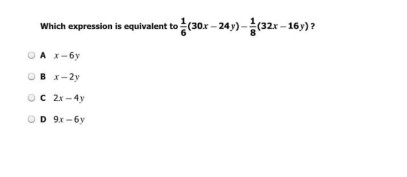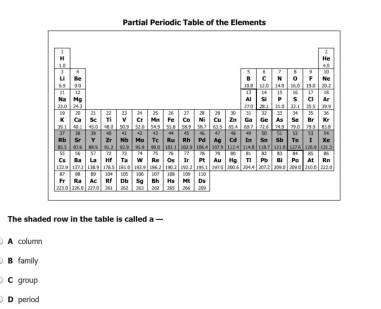I think about all the hours that students spend in class listening, for the most part, to one person talking. Or, if students are working on individual assignments, those mostly are designed to build recall of information from standards that are bulleted with more and more bits and pieces of information so that nothing is missed when it comes to learners being test-ready. However, when we look at research on memory retention, we find there’s a quick loss of most of what we expect students to remember. People mostly remember what they routinely use or that which has had such impact they hold on to it. Some people, of course, have amazing memories and recall information and factoids with seeming ease. They A+ up with little difficulty and are lauded for their GPAs, AP “5s” and close to perfect SATs. But, that’s not the norm for most of the young people in our schools or most of us who remember cramming for tests — or simply accepted whatever came to pass.
Focus on deeper learning is key to making knowledge and competencies memory-sticky in the learning process. And, I believe that the more we encourage young people to share their interests and all kinds of questions with us, the greater the likelihood we can build on their innate curiosities as learners and create a context for learning content that we adults believe is critical to learn. It is through scaffolding one context to the next that learning begins to morph into more complex knowledge, conceptual understanding, and skill-sets upon which learners can draw to make relational sense of new information that finds its way through memory filters and ultimately may connect to past learning within the vast storage units of the human brain.
If we seriously want all young people to continuously deepen, hold onto, and build upon their learning, we have to constantly scaffold the complexity of knowledge, concepts, and skills we value. This takes time. Time to support learners to work at the more complex levels of Bloom’s New Taxonomy. Time to make sense through a variety of pathways and experiences. Time to solidify learning before we explore the next layer. Time to know learners as individuals. Time for them to explore their interests, their curiosities, their questions, and their projects.
There is more to know in this world than any of us can ever begin to know. Information increases exponentially. We waste a lot of time trying to add more and more into the curriculum because a lot of “someones” think “this” is important for kids to remember — and this — and this, too. I believe when we expect our children to spend their school-work days preparing for and practicing to pass tests with items such as the ones below, we do our children, and our future, no favors when it comes time for our young people to be learning ready for life, not just school.
I believe we know everything we need to create the deeper learning experiences that our children deserve. But, we have to willingly give up a belief system that makes rigor a point of honor by expecting more and more from our children.
After all, more can mean a whole lot less when it comes to high quality learning.

Algebra I released test item

eighth grade science released test item

fifth grade reading released test item
Or, this complete high school world history released test.
